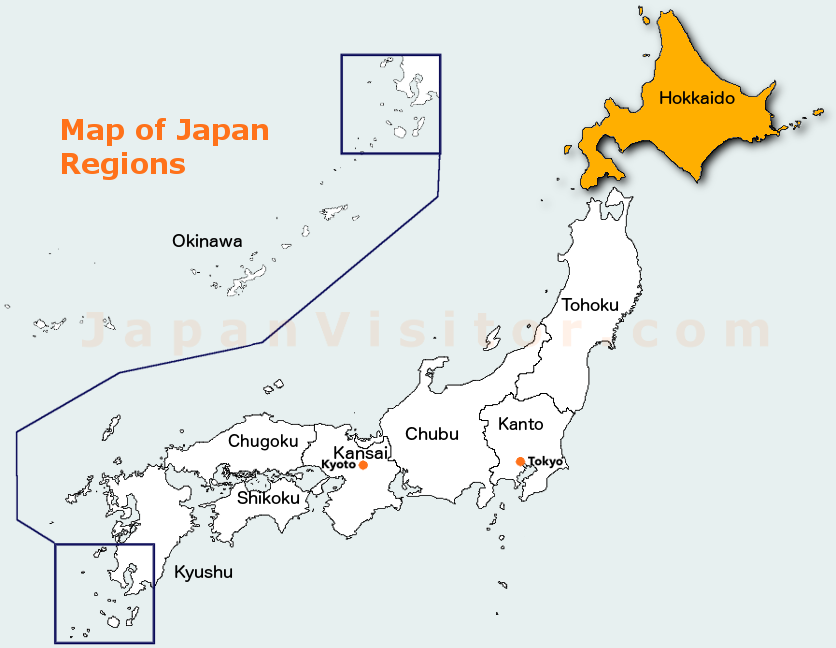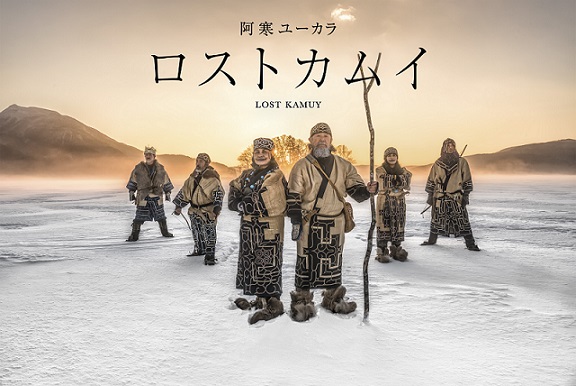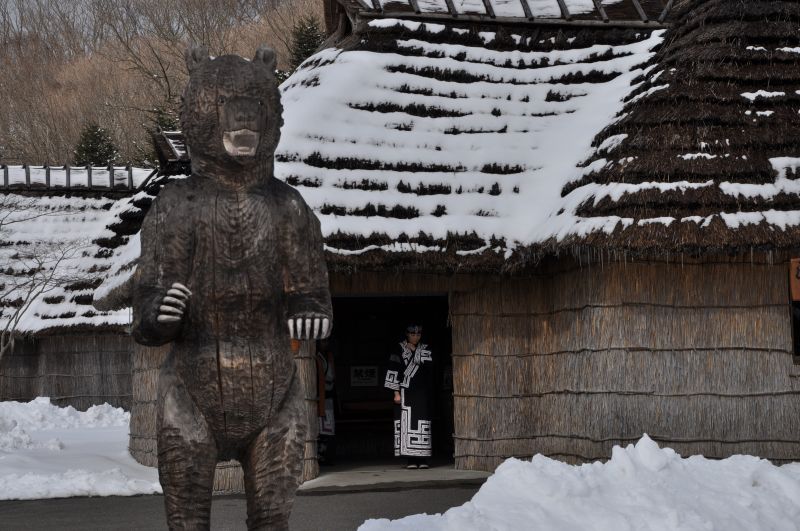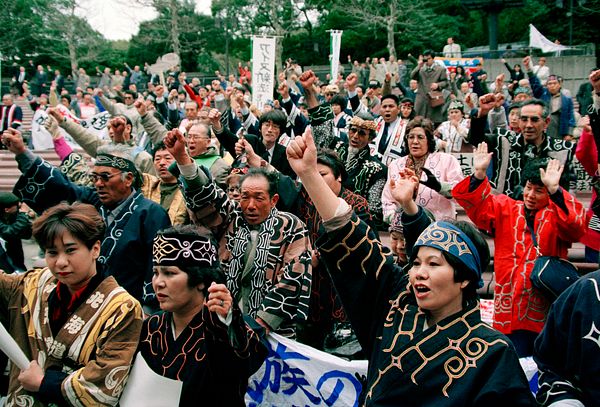Anthropology
Related: About this forumAnthropology society apologizes to Ainu people over past actions
Anthropology society apologizes to Ainu people over past actions

A large snow sculpture representing the National Ainu Museum and Park in Sapporo in 2020. The Japanese Society of Cultural Anthropology's apology marks the first time that an academic society in Japan or abroad has apologized to the Ainu people, according to the Ainu Association of Hokkaido. | AFP-JIJI
BY KARIN KANEKO
STAFF WRITER
Apr 5, 2024
The Japanese Society of Cultural Anthropology has apologized and expressed its regret over its past research approach when dealing with the Ainu people, an indigenous group in the country.
It marks the first time that an academic society in Japan or abroad has apologized to the Ainu people, according to the Ainu Association of Hokkaido, a group of Ainu people working to promote their collective rights.
“That it has issued a sincere statement and apology is a step toward removing the distrust of academia,” a spokesperson for the association said.
The apology comes after a series of lawsuits filed in the 2010s seeking the repatriation of Ainu remains excavated for research purposes.
More:
https://www.japantimes.co.jp/news/2024/04/05/japan/society/anthropology-society-ainu-people/
Hokkaido, northern most island in Japan:







Is Japan Closer to Recognizing Indigenous Ainu Rights?
After more than a century of forced assimilation, the Ainu are set to be recognized as Indigenous for the first time.
Thisanka Siripala
By Thisanka Siripala
February 13, 2019
Japan’s rapid industrialization to become an economic superpower is remembered proudly by the Japanese. But the race to modernization came at the expense of the native Ainu population, who were deliberately stripped of their language, ancestral land, and traditional livelihood. Despite resisting attempts to wipe out their culture, the Ainu have suffered a history of discrimination and poverty.
The traditional Ainu way of life is deeply rooted in nature and they flourished by hunting salmon, bear, and deer in the wilderness. Their distinct language, female facial tattoos, traditional weaving, and the worship of spiritual energy are the hallmarks of Ainu identity, making them physically and culturally distinct from their ethnically Japanese counterparts.
Ainu culture as it is known today can be traced back to northern Japan sometime between the 12th and 13th century. They called the territory “Ainu Mosir,” meaning “land of humans.” It was annexed by Japan in the late 19th century and a “Colonization Board” was set up to encourage Japanese immigration with the support of free land, travel money, farming tools, and food. The Ainu were dispossessed of their ancestral lands and sacred sites were destroyed.
Japan’s myth of a homogeneous society is the work of 150 years of forced assimilation. By 1870, it became illegal for Ainu to speak their language, and eventually they were banned from hunting and forced to adopt Japanese names and attend mainstream schools. Then-Prime Minister Yasuhiro Nakasone angered Ainu human rights activists in 1986 by publicly declaring Japan a “racially homogeneous nation.” Meanwhile, a member of the Hokkaido prefectural assembly, Masaru Onodera, stirred controversy in 2014 saying it was “highly questionable” the Ainu were the indigenous people of northern Japan. While under regular attack, Ainu activists have fought for wider recognition and the revival of their traditions and language.
More:
https://thediplomat.com/2019/02/is-japan-closer-to-recognizing-indigenous-ainu-rights/
Judi Lynn
(162,491 posts)By Emiko Jozuka, CNN
6 minute read
Updated 10:18 PM EDT, Mon April 22, 2019

Oki Kano is a musician and founder of Oki Dub Ainu, a band that mixes indigenous Ainu music with reggae and other genres. Ishida Masataka
Hong Kong
CNN
—
Growing up in Japan, musician Oki Kano never knew he was part of a “vanishing people.” His Japanese mother was divorced and never told Kano that his birth father was an indigenous Ainu man. Kano was 20 years old when he found out.
Gayman says there might actually be tens of thousands more people of Ainu descent who have gone uncounted – due to discrimination, many Ainu chose to hide their background and assimilate years ago, leaving younger people in the dark about their heritage.
A bill, which was passed on Friday, for the first time has officially recognized the Ainu of Hokkaido as an “indigenous” people of Japan. The bill also includes measures to make Japan a more inclusive society for the Ainu, strengthen their local economies and bring visibility to their culture.
Japanese land minister Keiichi Ishii told reporters Friday that it was important for the Ainu to maintain their ethnic dignity and pass on their culture to create a vibrant and diverse society.
Yet some warn a new museum showcasing their culture risks turning the Ainu into a cultural exhibit and note the bill is missing one important thing – an apology.
More:
https://www.cnn.com/2019/04/20/asia/japan-ainu-indigenous-peoples-bill-intl/index.html